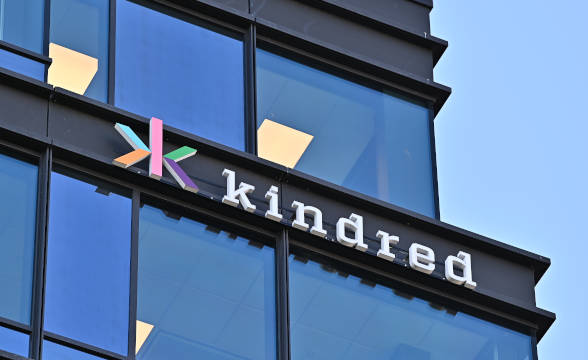Neil Banbury, general manager at online gaming operator Kindred Group, shared his insight on how gambling advertisements on football player shirts related to other industry misconceptions.
The proposition to ban shirt sponsorships is a hotly contested part of the UK’s upcoming gambling reform. The most recent consensus is for Premier League clubs to preemptively accept a voluntary front-of-shirt ban as the current turmoil in the British government would likely delay the country’s new regulations by several months.
An Industry Insider Shared His Perspective
Online gambling giant Kindred Group recently released an analysis by Neil Banbury, the company’s UK general manager, examining the relationship between football and the betting industry.
According to Banbury, a blanket ban on advertising would do more harm than good. He started by drawing attention to the fact that despite more than 22 million people engaging with wagering in the UK every month, only 0.2% of the country’s population suffered from problem gambling. Banbury argued that this was mainly due to the industry’s ever-increasing focus on player safety, with most operators investing substantially into responsible gaming initiatives.
The Kindred GM drew attention to the fact that many community-focused initiatives by operators were only possible thanks to cooperating with sports teams. He also noted that a blanket ban would negatively affect the entire sport since many teams relied on sponsorships to achieve financial stability.
The Press Release Addressed Several Misconceptions
Banbury also stated that supporting hardline measures showed a lack of understanding about the proven and effective measures against problem gambling.
“It is… a microcosm of the wider misunderstanding in the debate on gambling. Firstly, it exposes a preference for headline-grabbing measures, rather than evidence-based solutions.”
Neil Banbury, Kindred Group general manager
The company representative argued that no credible evidence suggested banning sponsorships would reduce gambling harm.
Another point Banbury tackled was the idea that the gambling industry derived most of its profits from people suffering from gambling addiction. He regarded these claims as “outrageous” and added that they showed a complete lack of understanding of why any company invested in advertising, regardless of the industry.
“Whether that’s to shop at Aldi instead of Sainsbury’s or to buy Coca-Cola instead of Pepsi, companies advertise their brand… and consumers are free to choose.”
Neil Banbury, Kindred Group general manager
Banbury Asked Policymakers to Consider the Bigger Picture
The Kindred GM concluded his analysis by suggesting a more nuanced approach to gambling advertisement than a blanket ban. In his words, such an attitude was lazy, not based on evidence, and ignored base freedoms. He added that anti-gambling campaigners were pushing for much stricter industry regulations which would impact the balance of customer protection and customer freedom.
Banbury advised policymakers to allow reputable and regulated operators to sponsor the sport. He reiterated that responsible gambling companies would greatly benefit sports teams and communities via sponsorships, and a ban would take such opportunities away.


